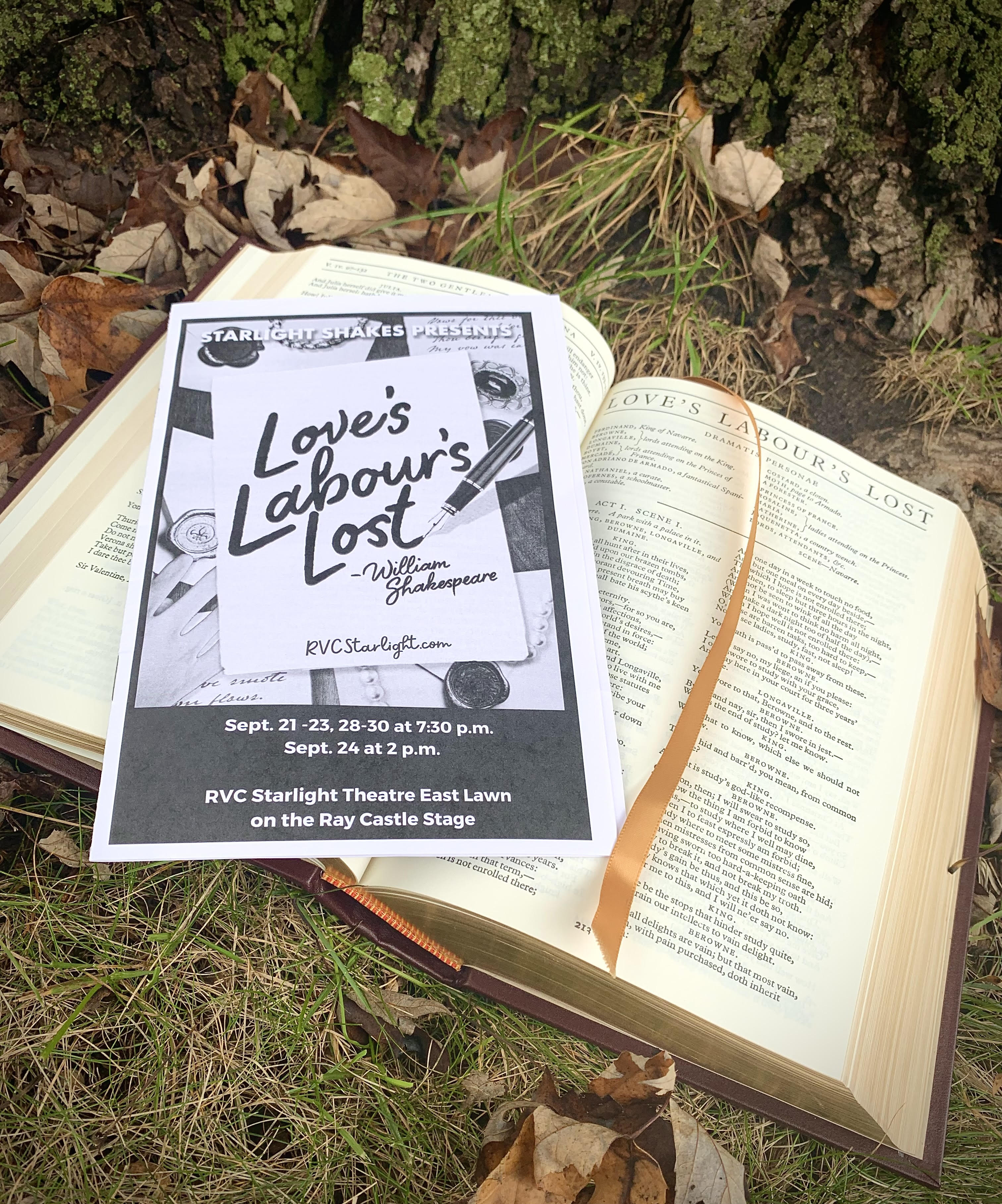
From Bong Joon-ho’s Parasite to 2022’s The Menu, Pig, and Triangle of Sadness, the topic of environmental, political, and economic tension between the ultra-rich and the rest of the world keeps driving dark, memorable movies. Emerald Fennell’s “Saltburn” fits the bill perfectly as well.
In 2020, Fennell received an Academy Award for Best Original Screenplay for her film Promising Young Woman, a satirically comedic yet suspenseful revenge story, so the bar was set for her latest film.
Set in the early 2000s, the story follows Oxford freshman Oliver Quick (Barry Keoghan) as he navigates his way into Felix Catton’s (Jacob Elordi) luxurious life. The film’s Oliver Quick has a depth to him that can most certainly be defined as psychopathic.
Oliver is a voyeur, constantly on the outside looking in, never really “one of them,” and he hates it. He wants so desperately to belong and not be alone that he’ll do whatever it takes to be “a real boy.”
Oliver is a lower-class citizen, paying for Oxford with an academic scholarship. Throughout the film, he paints a picture of a broken home and a disjointed life. Something that no other students struggle with. They all have their vineyard estates, happy parents, and are on top of the latest trends.
Oliver never had any friends, so when he saw a glimpse of the life he so much wanted, he became fixated on Felix and tried everything in his power to hold onto his life forever. Oliver lied to make Felix feel sorry for him by claiming that his drug-dealing father and alcoholic mother had died horribly.
When summer comes around, Felix pities Oliver and invites him to his summer estate, Saltburn. Oliver begins to involve himself with Felix’s family very heavily, intertwining himself with the upper-class lifestyle. Felix’s family, the Catton’s, are the perfect example of an excessively rich, pretentious family.
Oliver starts to weave his web and keeps lying even after he gets to Saltburn. He creates a multitude of conflicts between the Cattons, destroying them from the inside. He tells Elspeth that Pamela was lying to make her problems seem more fascinating. Then he toys with Venetia and Farleigh, trying to win their favor, but when he doesn’t succeed, he pushes them away and disgracefully lies to them.
When Felix eventually discovers the truth about his life and rejects him, Oliver sees everything slipping away and kills Felix. Knowing he will never be able to win Farleigh over and win Venetia, Oliver discloses Farleigh’s drug usage and forces Venetia to take her own life.
The toying between the lower and upper classes appears to be a core theme of the film. Oliver is portrayed as a vanguard for eating the rich. However, Fennel has disregarded this perspective of anti-capitalist messaging. In an interview, Fennell told Polygon that she doesn’t entirely see Saltburn as another eat-the-rich exercise.
“I think I consider it more ‘Lick the rich, suck the rich, and then bite the rich, and then swallow them,’” she said.
Clearly, she is more interested in the psychological aspect of Oliver and Felix’s relationship. I think even disregarding the director’s own interpretation, it is more of a case study. Rather than painting the Catton’s as the villains of the story, Oliver is the crazy one. While still being the protagonist, his dark side is truly displayed for the audience to gawk at.
“Saltburn” is a film about obsession, love, hatred and how they all intersect. Oliver spends the whole film attempting to swallow Felix in whatever way he can. He snatches his clothing, his odor, his family, and finally his house.
In the bath scene, he practically consumes a portion of him. He is completely obsessed and committed to this goal. Even Felix’s death did not deter Oliver from making one more attempt to get close to Felix.
Regardless of these analyses, “Saltburn” was a fantastic watch. I highly recommend going to the theaters to watch it before it’s too late. You may want to consider reading the IMDB Parents Guide, as it is R-rated.
I’m sure that anyone will be blown away by the cinematography. The film is gorgeously shot and often seems to almost play with light. Even if you didn’t like the story, you cannot deny the movie’s beauty. It’s a masterclass in aestheticism and beauty for the sake of beauty.








